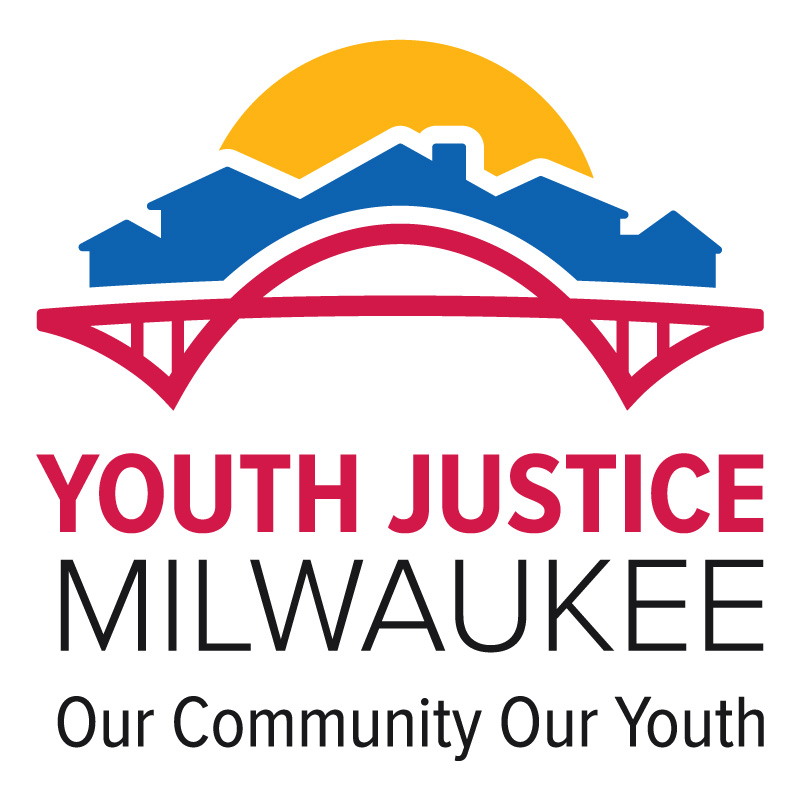Youth Justice Milwaukee: Wisconsin is at a Turning Point in Youth Justice
Milwaukee, WI – The vote by the Joint Finance Committee yesterday to not fund the two proposed Type 1 youth prisons in Milwaukee and Outagamie Counties will almost certainly mean that the state will not meet its own deadline to close Lincoln Hills and Copper Lake by July 1, 2021, just two years after the legislature voted unanimously to close this abusive facility.
This decision comes on the heels of a “Tougher on Crime” bill that would dramatically increase the number of offenses that would allow judges to order youth into prison as Serious Juvenile Offenders (SJO), an intentional strategy to justify continued use of the large youth prison. There are currently fewer than 120 youth in the two facilities combined, 31 Milwaukee youth, of which are considered SJOs, and some youth who have been sentenced as adults.
Wisconsin is at a turning point in Youth Justice.
The cost for counties to utilize these facilities continues to increase as the number of youth continues to decrease: Wisconsin taxpayers on average are spending $233,000 per year for each young person.
Sharlen Moore, the Director of Youth Justice Milwaukee, said:
“YJM calls on Wisconsin lawmakers to stop using young people as a political football to promote a fear-based agenda that continues to waste money a system that has an astonishingly high 75% failure rate. It is time for Wisconsin to abolish the SJO status and allow all youth to be placed in their own counties to heal, repair harm, increase skills, strengthen family and community connections, and receive treatment if needed. Instead of spending $73 million dollars on two new buildings, and millions more each year to operate these facilities, we need to invest these resources in youth, families, and communities.”
“Counties around the state are developing and scaling effective community-based resources to a continuum of care that will make their communities safer. We see this happening in Milwaukee County where assessment and improved case planning has contributed to a significant decline in the number of youth being sent to prison. The State of Wisconsin should support these efforts and close this chapter of Wisconsin’s turbulent youth justice history.”
Youth Justice Milwaukee is a broad-based campaign advocating for community-based, family-centered, restorative programs as an alternative to locking up children in Wisconsin’s youth prisons. Youth Justice Milwaukee represents a coalition of persons who were incarcerated as youth, families of youth who are or were incarcerated, service providers, and local and national youth justice advocates.
NOTE: This press release was submitted to Urban Milwaukee and was not written by an Urban Milwaukee writer. While it is believed to be reliable, Urban Milwaukee does not guarantee its accuracy or completeness.
More about the Lincoln Hills and Copper Lake Facilities
- Gov. Evers Announces State Building Commission Approves Approximately $185 Million in Projects Across Wisconsin - Gov. Tony Evers - Dec 17th, 2025
- Building Commission OKs Planning Funds to Reorganize Wisconsin Prisons - Sarah Lehr - Oct 29th, 2025
- State Building Commission Releases Funding Gov. Evers Requested to Revamp Corrections Facilities - Gov. Tony Evers - Oct 28th, 2025
- Gov. Evers Announces Evers Administration to Move Forward with Comprehensive Plans to Revamp Corrections Facilities - Gov. Tony Evers - Oct 14th, 2025
- For The First Time, Wisconsin’s Youth Prisons Are Fully Compliant With Required Reforms - Rich Kremer - Oct 3rd, 2025
- Inmate Sentenced For Role in Youth Counselor’s Death at Troubled Prison - Isiah Holmes - Aug 11th, 2025
- Evers’ Prison Plan Receives Mixed Reviews - WPR Staff - Feb 21st, 2025
- ‘First of its Kind in Wisconsin’ Collaboration Will Support Disabled Incarcerated Youth - Andrew Kennard - Dec 12th, 2024
- MKE County: Tight Budget Forces Difficult Vote on Housing, Juvenile Justice - Graham Kilmer - Nov 1st, 2024
- Letters from Evers, Republicans Show Clash on Juvenile Corrections - Andrew Kennard - Aug 17th, 2024
Read more about Lincoln Hills and Copper Lake Facilities here
Recent Press Releases by Youth Justice Milwaukee
Polling Shows: Majority of Wisconsinites Support Youth Justice Reform
Jun 3rd, 2019 by Youth Justice MilwaukeeSignals Strong Bipartisan Support for Community-Based Alternatives to Incarceration to Rehabilitate Youth






















Thank you to Sharlen and YJM for reminding our legislators and the public at large how crazy these new ‘tough on crime’ bills are and the disastrous impact it will have on children, our communities and the loss of millions of taxpayer dollars that could be used more effectively with restorative justice programs and continuum of care initiatives.
Wake up people!
K. Coy-Romano
Founder/Co-Chair, Task Force on Criminal Justice Reform
K. Coy-Romano could not be more right. A couple of additional points: (1) We now know a lot about mental/brain development in kids, their vulnerability to do stupid/impulsive things and the damage that is done by institutions like these to those young minds. We also know how to reduce violent crime (see the work of the National Network for Safe Communities), and that none of the evidence supports these “get tough” approaches.
(2) We also know that – especially in our times – an unstated purpose of reactionary public policy is to demonstrate cruelty, especially to “the others,” and that some legislators and their constituents are happy to spend public dollars on cruel and shortsighted policies. We also know that these are the same people who recoil if anyone suggests that their motives are racial.
(3) Most important, the failure of these existing institutions presents an opportunity to make communities safer and to change young lives for the better. Those are not exclusive goals. They go together. It is a fleeting opportunity, and one that will be easy to piss away. The great danger is the outcome that can be defined as “putting old wine in new bottles,” moving young people into smaller and more family accessible buildings, but, at the same time, replicating the toxic culture that defines the existing facilities. That, if it comes to pass, will be the ultimate tragedy. Size matters, but creating an organizational culture, norms and behaviors that simultaneously protect society and treats these young people as full human beings is far more important.